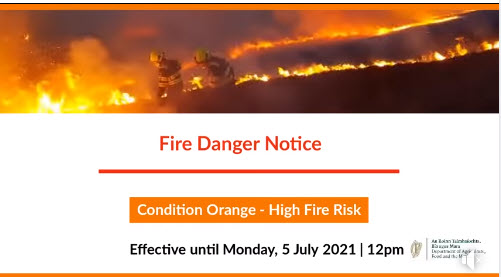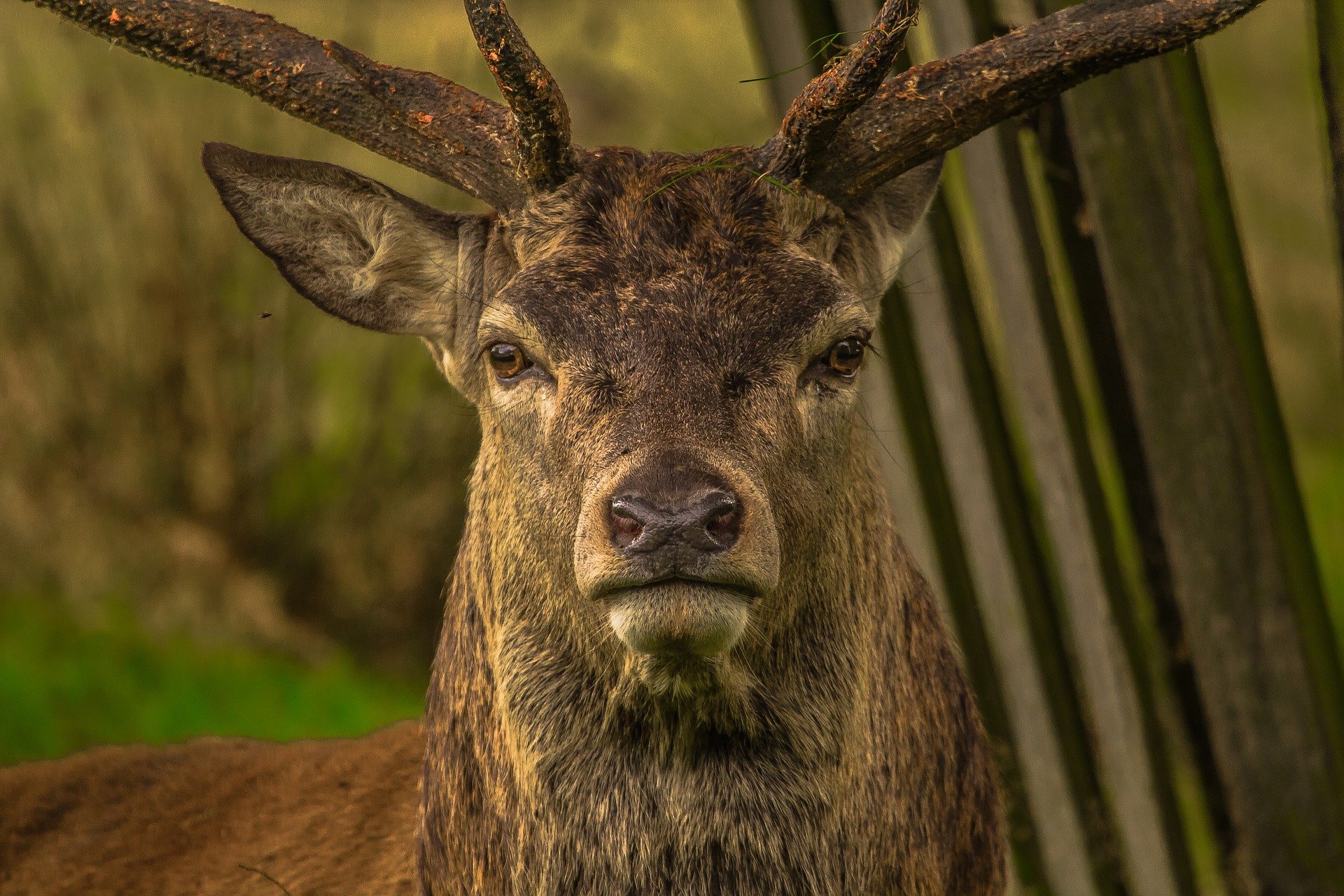
by Barbara Killeen | Jul 1, 2021 | Biodiversity, DAFM, Environment, Habitats, Rural Development, wildlife management
BE PREPARED. BE VIGILANT. STAMP OUT FOREST FIRES. Fire Danger Notice 05 of 2021 Issue date: 29 June 2021 @ 1600hrs Forest Fire Danger Rating Condition Orange – High Fire Risk Warning Effective From 1200hrs 29/06/2021 Effective Period Expires 1200hrs 05/07/2021 Arising...

by Barbara Killeen | Mar 11, 2021 | DAFM, Deer Hunting, DEER LICENCES, DEER STALKING, Disease, Vermin Control
Three deer out of 87 tested positive for TB in 2020, the Farmers’ Journal reports here.
by Barbara Killeen | Aug 23, 2019 | DAFM, Disease, Vermin Control
Sporadic outbreaks of Pigeon Paramyxovirus (PPMV-1) occur in domestic pigeons and wild birds throughout Ireland and this increases the risk of Newcastle Disease in poultry in Ireland. Newcastle Disease can cause severe illness and death in pigeons, ornamental birds...




